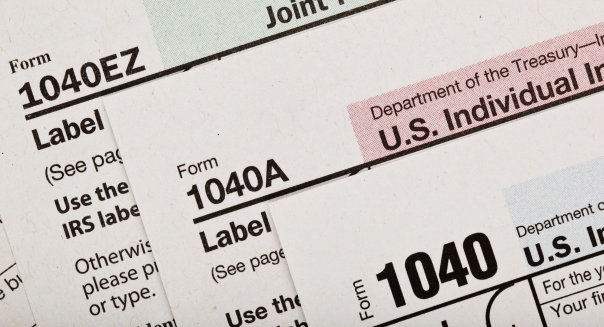House Republicans have unveiled their long-anticipated plan to repeal the Affordable Care Act and replace it with a stripped-down system of individual tax credits.
The proposed legislation would preserve some of the most popular features of the controversial health-reform law sometimes called Obamacare, while eliminating some aspects that never caught on with the public.
Here are some of the changes:
-Young adults could still stay on their parents’ health plans until age 26, and insurers still could not deny coverage or charge more to people with pre-existing conditions.
-The proposed legislation would eliminate two of the Affordable Care Act’s most contentious provisions — the employer mandate and the individual mandate. Companies would no longer face penalties for failing to offer workers a health plan, and people would no longer face a penalty for not being insured.
-The Republican plan would penalize those who allow their coverage to slip. Insurance companies would be allowed to charge an additional 30 percent to anyone who has a lapse in their coverage.
-Insurance companies also would be allowed to charge older customers more for coverage. The Affordable Care Act (ACA) required that insurers charge their oldest customers no more than three times the prices charged to the youngest, but the proposed GOP legislation would allow them to charge five times as much.
-The ACA’s complex system of income-based subsidies to help pay insurance premiums and cover out-of-pocket expenses would be replaced by a simpler system of refundable tax credits for the purchase of state-approved health insurance.






